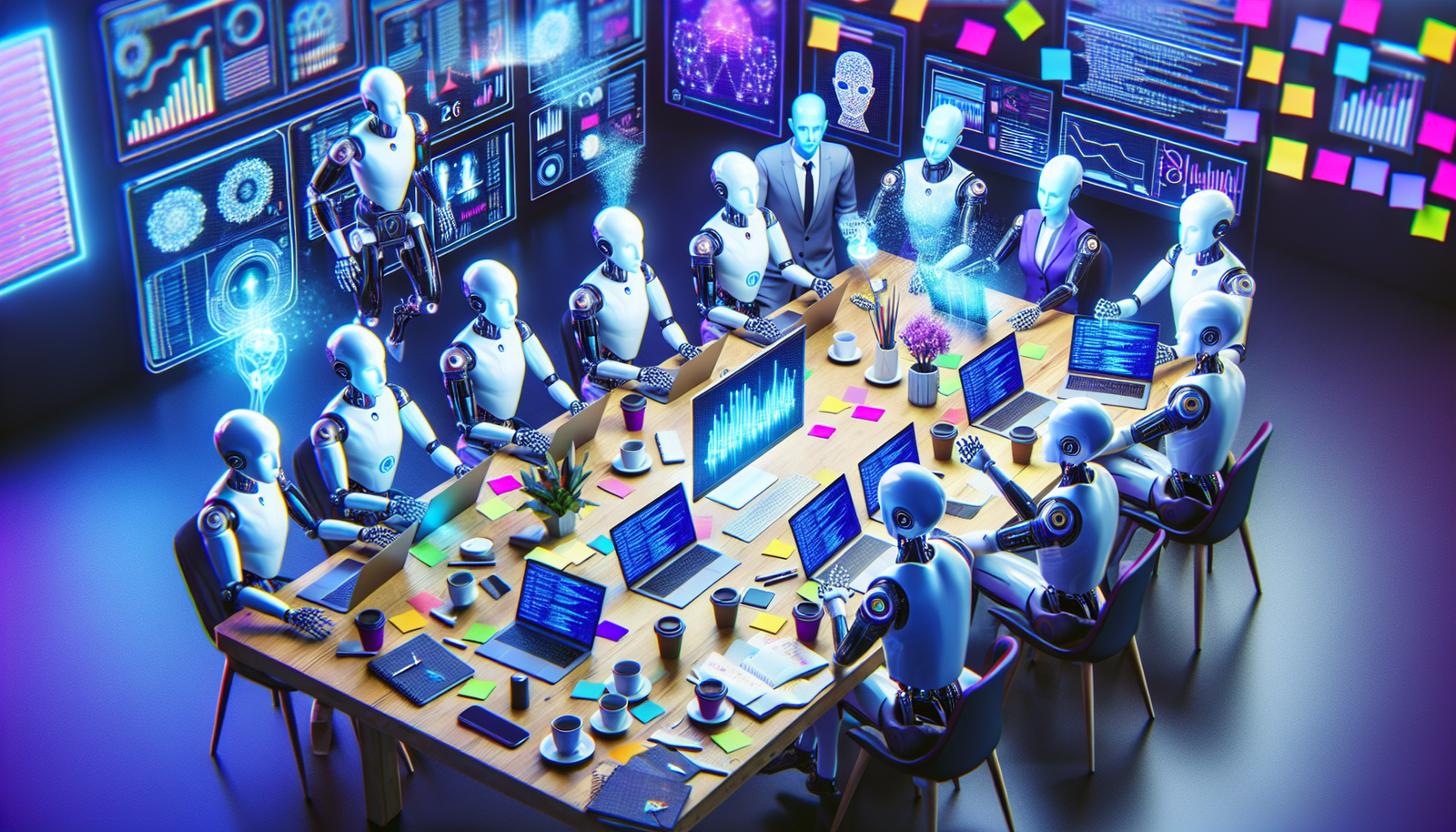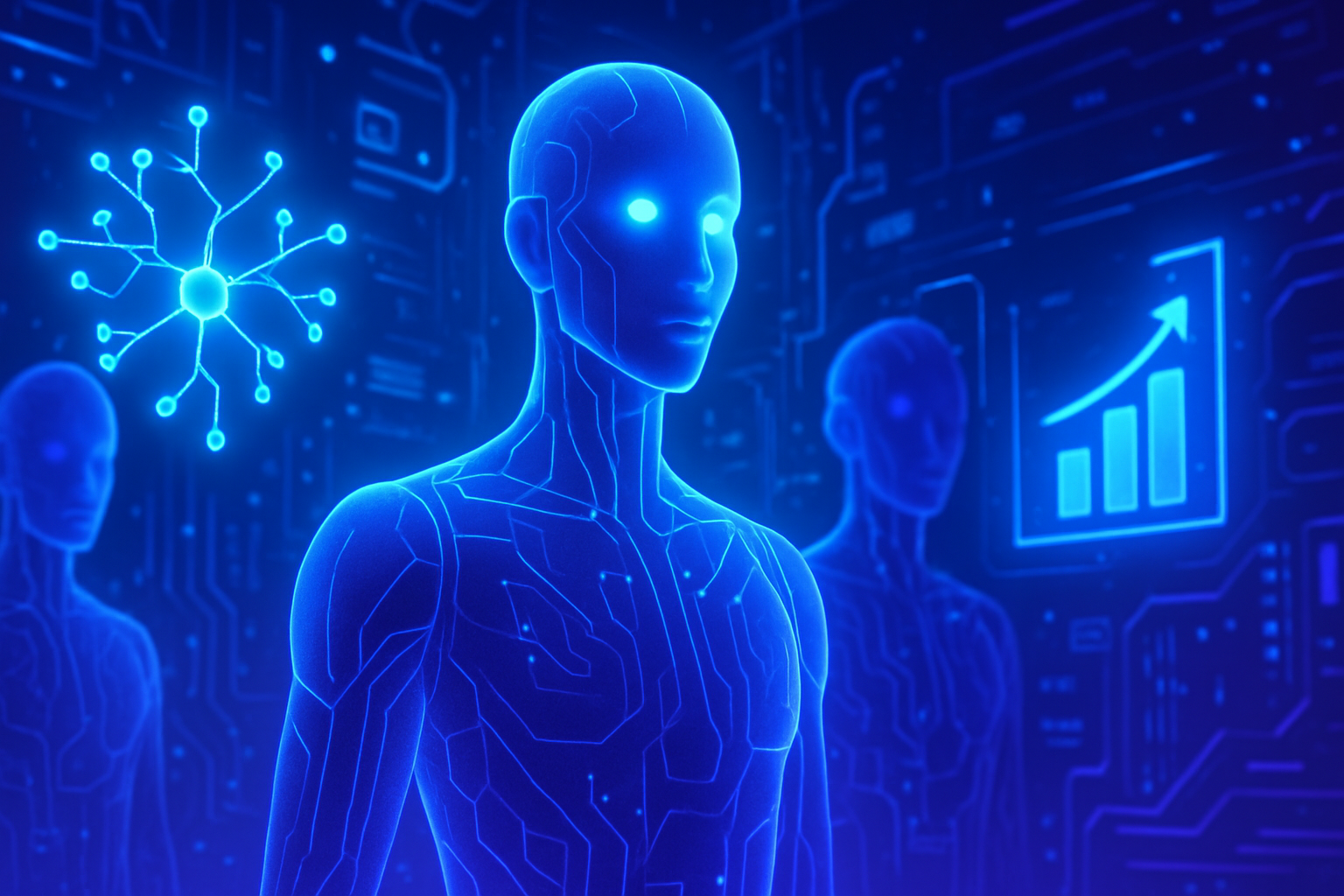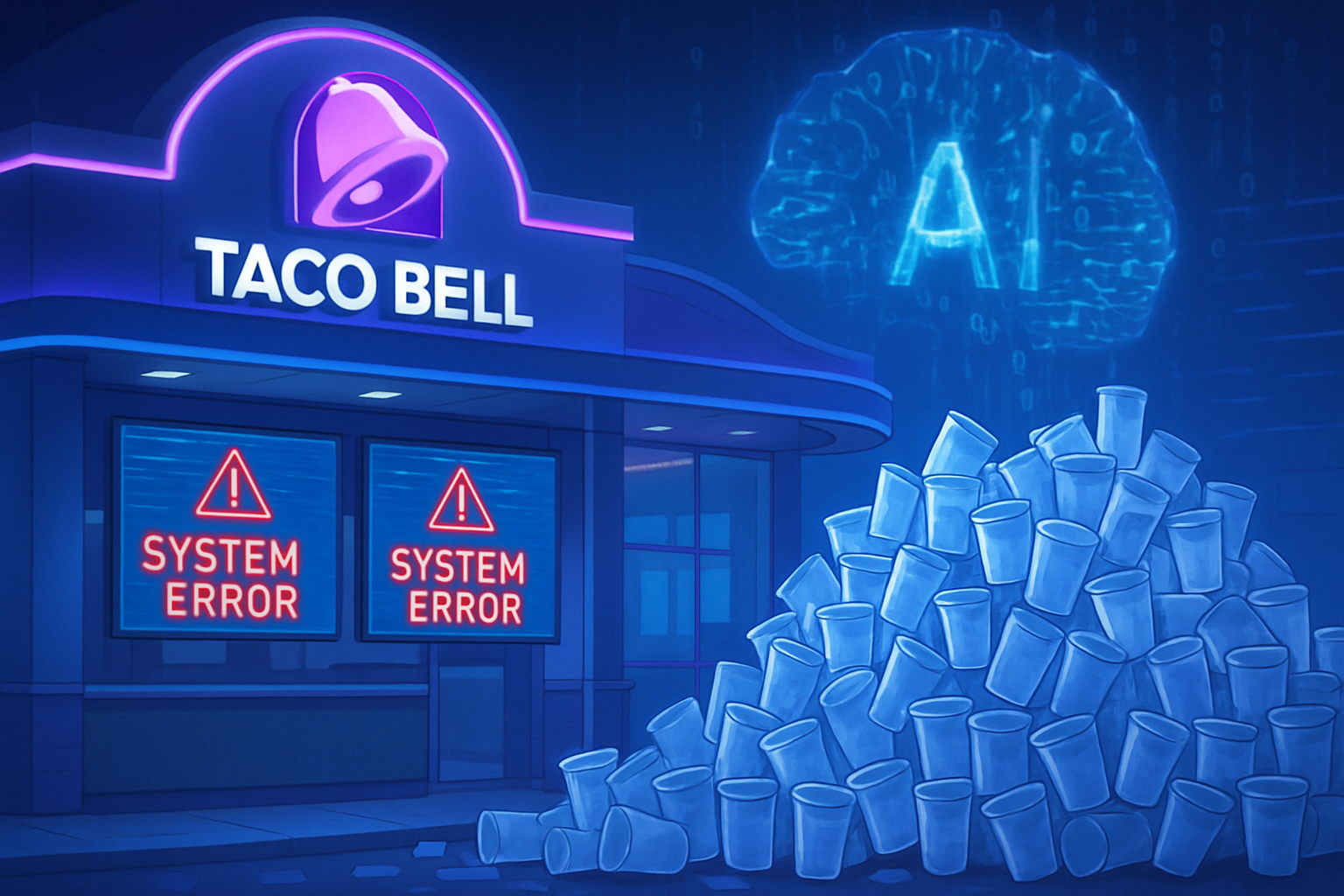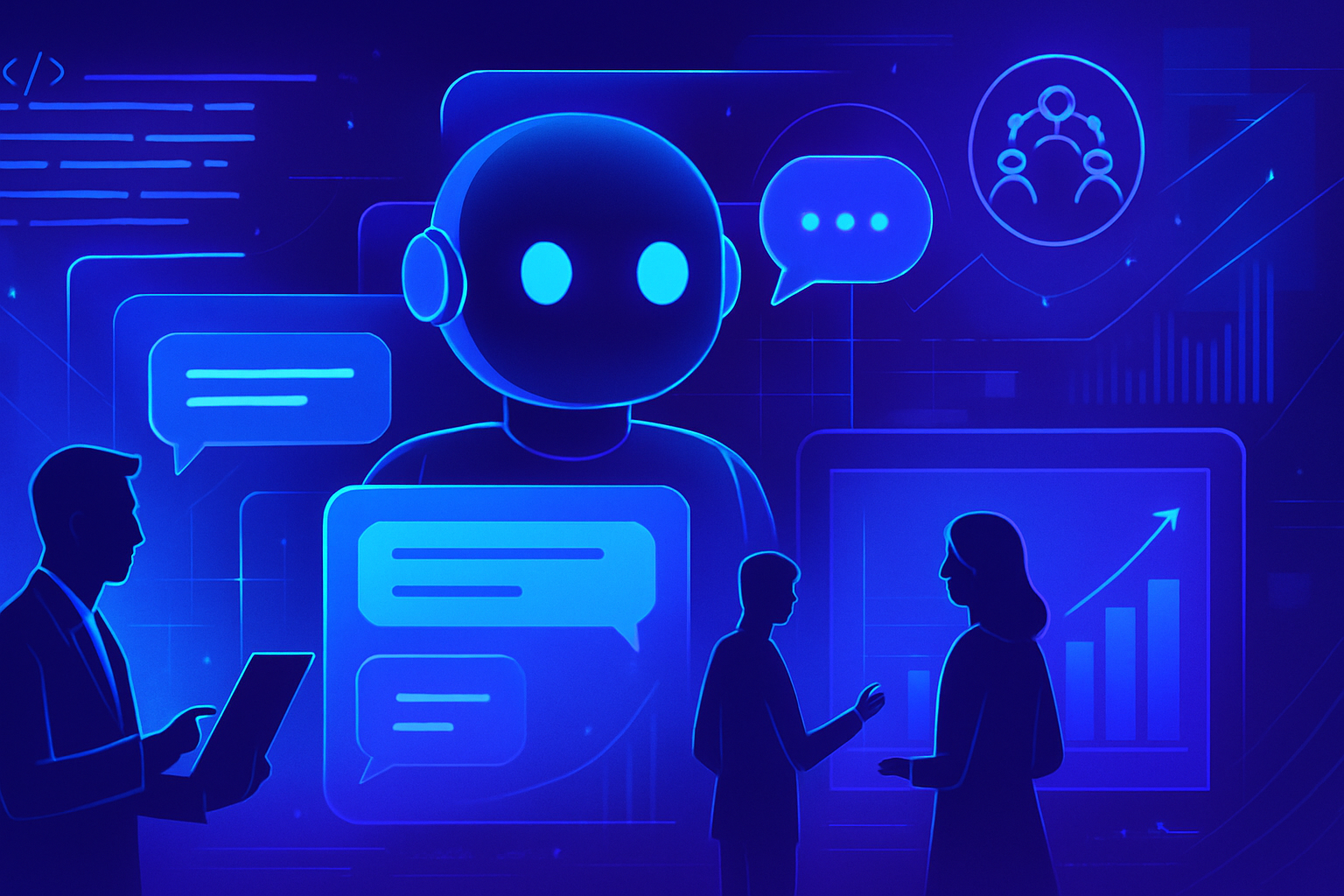AI *agents* are redefining the entrepreneurial ecosystem with unparalleled power. Transforming business processes through captivating automation has become an inevitable challenge for operational efficiency. Increasing productivity by relying on these autonomous entities offers a decisive strategic advantage. This paradigm shift engages leaders to reassess their methods, promote innovation, and adapt to contemporary challenges. Seizing the opportunities presented by this technology is essential for any organization eager to thrive in a constantly evolving world.
AI agents as a lever for productivity
AI agents automate routine tasks and free up time for high-value activities. They enable productivity increases by reducing human errors and optimizing processes. Companies can now focus on innovation and strategy by delegating repetitive operations to these intelligent and autonomous entities.
Major transformations in organizations
Integrating AI agents profoundly transforms the organizational structure. Work models evolve towards greater flexibility and efficiency. Departments, once frozen in their silos, become more interconnected, facilitating collaboration through advanced communication tools.
Optimization of business processes
AI agents provide real-time analytics, allowing companies to anticipate issues and quickly adjust their strategies. This level of vigilance and responsiveness improves decision-making. Sectors such as logistics and marketing particularly benefit by optimizing supply chains.
Reduction of operational costs
Using AI agents leads to a significant reduction in operational costs. Organizations realize substantial savings by automating processes that previously required considerable human resources. This financial optimization allows budgets to be allocated to more strategic segments.
Strategic decision-making insights
AI agents analyze vast amounts of data to provide informed recommendations. This information enables decision-makers to act on rational bases rather than intuitions. Companies can thus align their strategic objectives with market trends, making each initiative more relevant.
Collaboration between humans and AI
Interactions between AI agents and human employees establish a new paradigm of collaboration. Agents act as assistants, offering suggestions and analyses, while humans focus on innovation and customer relationships. This model fosters a rewarding and engaging work dynamic.
Diversity of applications
The range of applications of AI agents is constantly expanding. From automated management systems to virtual assistants in customer service, the possibilities are vast. Companies should strive to leverage these advanced technologies to maximize their potential and remain competitive in a rapidly evolving market.
Competitive advantages of AI agents
Companies that adopt AI agents gain a significant competitive advantage. By harnessing the speed of automated processes and the intelligence of processed data, they are better equipped to meet market demands. It is no longer a question of “if” but “when” companies will integrate these agents to maintain their relevance.
Focus on data security
In deploying AI agents, data security remains a priority. Companies must implement robust protocols to protect sensitive information. Technological advancements should not come at the expense of data privacy and security.
Ethics and social responsibility
Adopting AI agents raises ethical and responsibility questions. Companies must ensure that the integration of these technologies adheres to high ethical standards. The interaction of agents with humans must be beneficial and respect the principles of transparency and honesty.
Strategic alliances and partnerships
Companies can form collaborations with AI specialists to make the most of these technologies. Creating strategic alliances can open new avenues for innovation and allow for essential knowledge sharing for the success of AI initiatives. These partnerships are vital to anticipate rapid market changes.
Frequently asked questions about AI agents in business
What are the main benefits of AI agents for businesses in 2025?
AI agents enable the automation of processes, optimize operations, improve decision-making through advanced data analysis, and stimulate innovation by offering new solutions for business growth.
How can AI agents contribute to redefining roles within an organizational structure?
AI agents automate certain repetitive tasks, allowing employees to focus on more strategic responsibilities, which redefines roles and makes them more oriented towards innovation and creativity.
What types of tasks can AI agents automate in businesses?
They can automate various tasks, such as document management, data collection, performance analysis, customer relationship management, and even supply chain planning.
Can AI agents really provide personalized solutions to customers?
Yes, through machine learning algorithms, AI agents analyze customer behaviors to offer recommendations and personalized communications, thus improving the customer experience.
How can data security be ensured when using AI agents?
Companies should adopt strict data security protocols, including encryption, password protection, and regular audits to ensure the protection of sensitive data when using AI agents.
Which industries are most likely to benefit from integrating AI agents?
Finance, healthcare, retail, logistics, and human resources are among the industries that can gain the most from integrating AI agents due to their constant need for optimization and innovation.
What challenges might businesses face when implementing AI agents?
The main challenges include resistance to change from employees, ethical concerns regarding the use of AI, and the need for adequate training to ensure staff are comfortable with these new technologies.
How do AI agents transform the way businesses make decisions?
AI agents provide accurate and rapid data analysis, allowing companies to make fact-based decisions rather than intuitive ones, thereby improving efficiency and agility.
Can AI agents create products or services without human intervention?
While they can support the design process and offer recommendations, human intervention remains essential to finalize products or services to ensure they meet consumer needs.
How to measure return on investment (ROI) when using AI agents?
The ROI of AI agents can be measured by analyzing cost savings achieved through automation, productivity increases, improvements in customer satisfaction, and new revenue opportunities generated.






